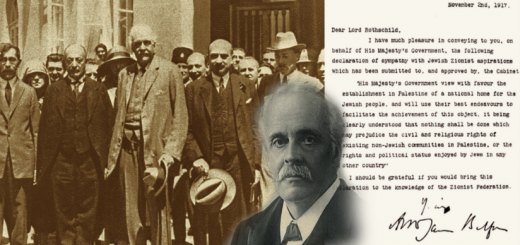The Values and Politics of Charity

Charity begins at home. And in the house of worship. And on the conservative side of the political aisle. All of these remarkable facts grow out of a survey whose results were described in the Wall Street Journal (“Charitable Explanation,” Nov. 27, pg. A12. Requires subscription; get a copy from a friend.)
The article is so powerful, that I am reluctant to offer a meaningful summary, which might tempt people not to read the original. Read the original. A few morsels to tantalize you:
The divide between American givers and non-givers is not based on income. “The charity gap is driven not by economics but by values.”
“People of faith give more than 50% more money each year to non-church social welfare organizations than secularists do.” This includes giving to secular charities, and to volunteering time.
“People who opine that government is “spending too little money on welfare” — not a viewpoint typically associated with George W. Bush’s supposedly venal supporters — are less likely to give food or money to a homeless person than people who oppose greater welfare spending.”
“The simple act of raising children appears to stimulate giving as well — children help us fill the collection plate even as they drain our wallets.”
“While there may be nothing inherently charitable about political conservatism, today’s conservatives do outperform liberals on most measures of private giving.”
[A reminder about Orthodox giving patterns, from a December 15, 2005 Jerusalem Post column by Jonathan Rosenblum: “Orthodox Jews are 50% more likely to volunteer their time. While 14% of Orthodox Jews contribute more than $5,000 to Jewish charity, only 2.8% of the Conservative and 1% of the Reform do so. And the Orthodox do so despite carrying school tuition bills often in excess of $50,000 per year.”]
You will probably feel good about yourself after reading the article. Maybe you’ll even find it within to give a little more.
[Thanks to Yale Harlow for the submission]




I’m left wondering after reading the article in the WSJ, that as Jews make up about 2% of the U.S. population, and Orthodox Jews even less, how many Jews were included in the final statistics. I am guessing that most of the conclusions were based on Church going Americans, not Shul going ones. This is no way saying that Orthodox Jews do not give more, I’m just not sure that this article supports this assertion.
If anyone wants to be my friend (it can even be only for the day:-)) I’d be happy to email the article.
KT
An interesting contrast between two excerpts:
FIRST: “People who opine that government is ‘spending too little money on welfare’…are less likely to give food or money to a homeless person than people who oppose greater welfare spending”
But later, a nonpartisan disclaimer: “While there may be nothing inherently charitable about political conservatism, today’s conservatives do outperform liberals on most measures of private giving”
Actually I believe it comes down to a feeling of responsibility. If one believes they are responsible for others, they are more likely to contribute their own resources. If instead they expect the “greater good” to “take care of it” – or perhaps they anticipate the “greater good” will tax them plenty – they would be far more reluctant to give of their own.